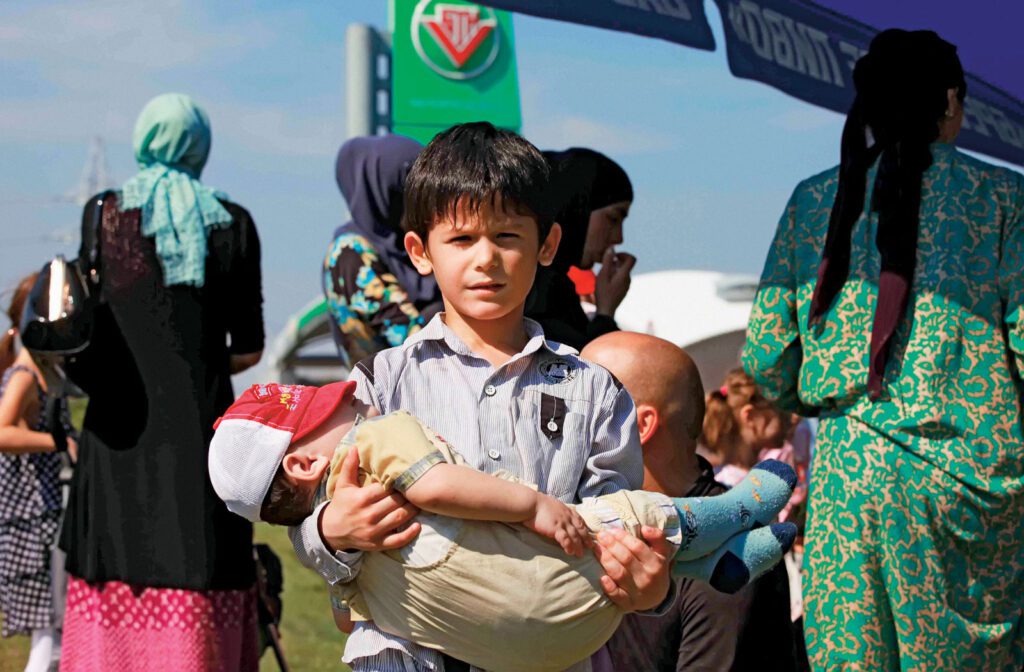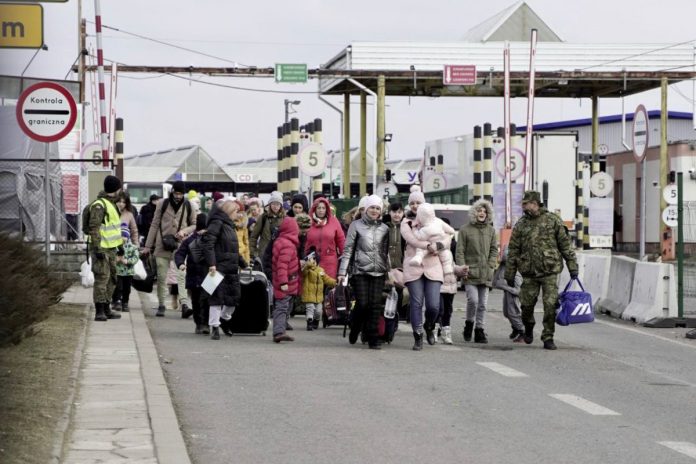Refugees in Greece
Refugees in Greece are in a dramatic situation. Many of them come to Greek islands, such as Lesbos, in search of safety and a better future. The situation of refugees in Greece is difficult and requires comprehensive actions from the international community. Together we must strive to improve living conditions and ensure dignified treatment for those fleeing war and persecution.
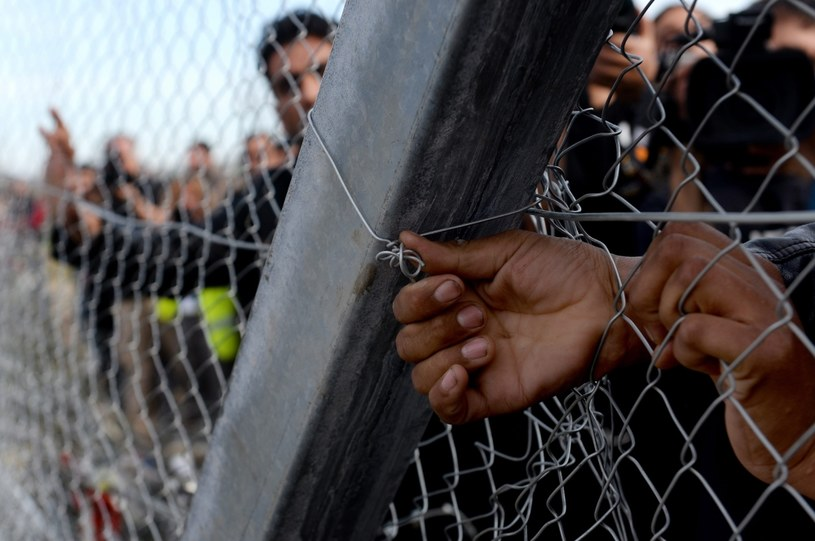
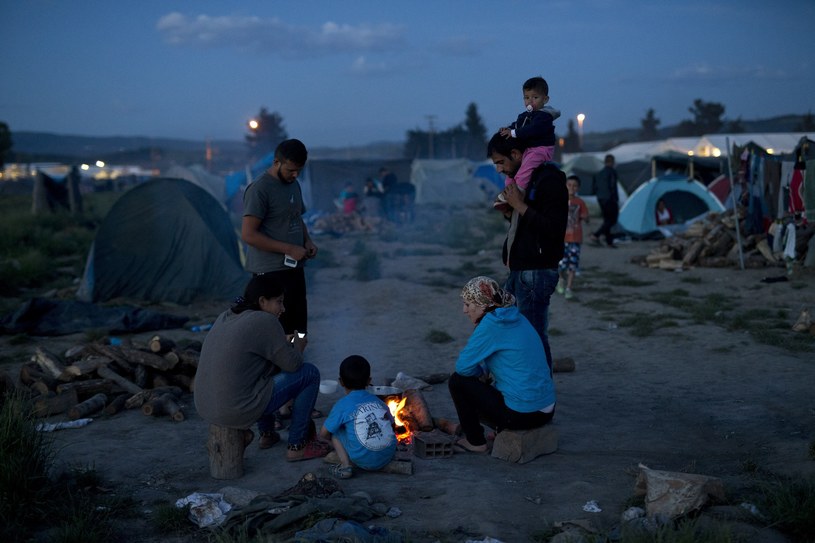
Camp Moria on Lesvos
The Moria camp on the island of Lesbos was one of the largest refugee centers in Greece. It was intended to accommodate 3,000 people, but in fact more than four times that number lived there. On the night of September 8-9, 2020, the camp burned down completely. Greek authorities claim it was the result of deliberate arson by the migrants themselves, but refugees blame the far right and the people of Lesbos. Greek authorities accuse migrants of intentional arson, and refugees point to the far right and the inhabitants of Lesbos. More than 12,000 people were left without shelter.
Kulczyk Foundation
This is a Polish foundation providing humanitarian and social assistance. It was founded by businessman and philanthropist Jan Kulczyk in 1997. The Foundation implements projects in Poland and around the world, focusing on areas such as health care, education, culture, science, helping refugees and fighting poverty. In the context of helping refugees in Greece, the Kulczyk Foundation became involved in activities on the island of Lesbos. Working with other organizations and volunteers, it donated over 32,000 emergency blankets, which went directly to refugees after they reached the coast of Lesbos. This is important support for people who are often exhausted, wet and deprived of the basic necessities of life. The Foundation works in the spirit of solidarity and cooperation, trying to improve the living conditions of people around the world. Her actions prove that even small gestures can have a huge impact on the fate of other people.
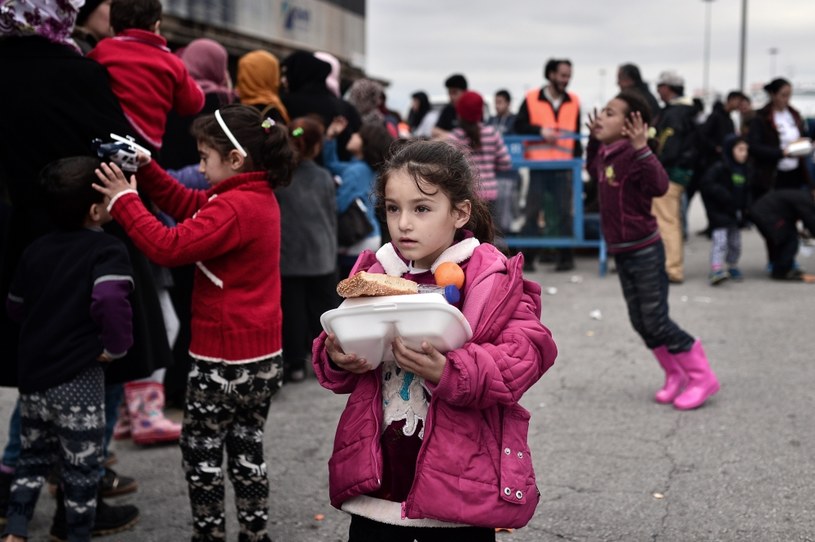
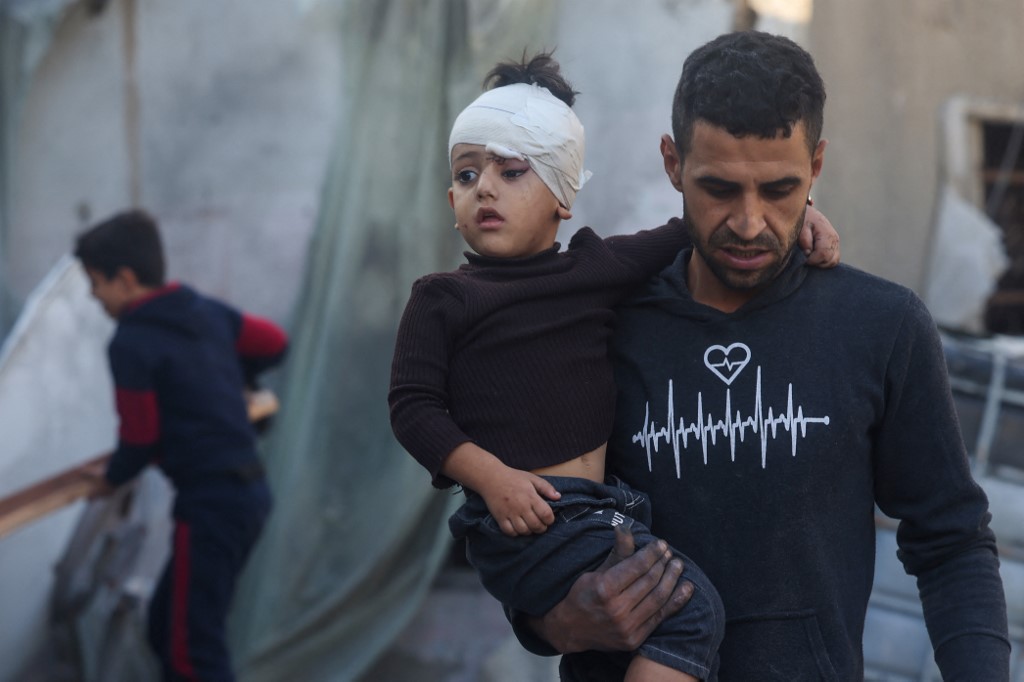
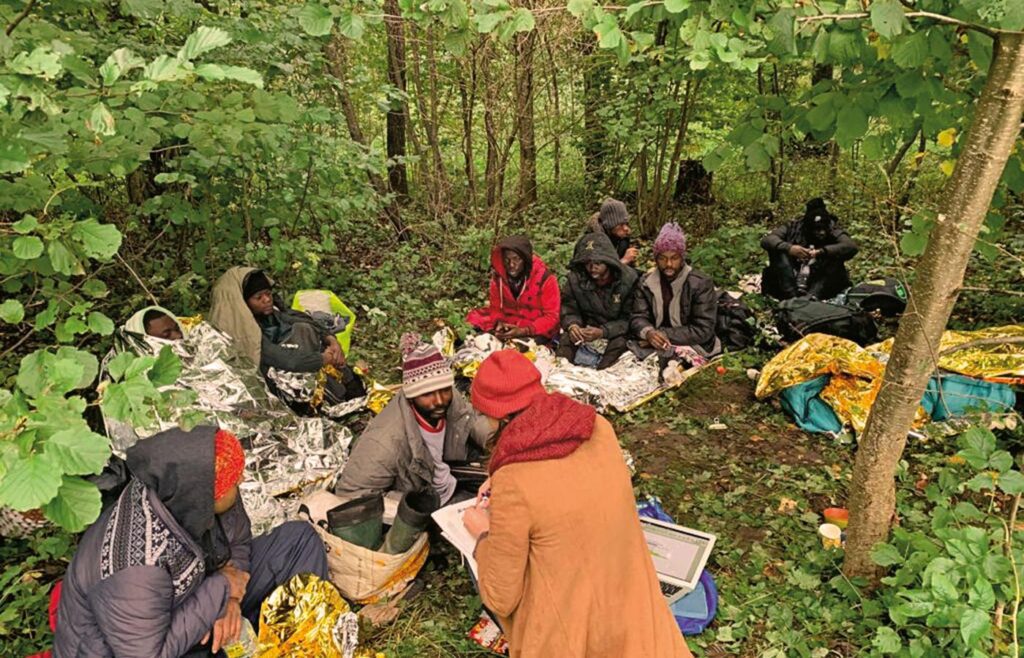

Refugee situation in Greece: Challenges and actions:
Greece, as a country on the migration route, has been facing challenges related to accepting and supporting refugees for years. The contemporary refugee situation in Greece is complex and requires a multilateral approach. Below I present the key aspects of this situation and the actions taken by various entities. Arriving on the Greek Islands**: Refugees often reach Greek islands such as Lesbos, Kos and Chios by crossing the Aegean Sea. Conditions on these islands are often difficult and the camps are overcrowded. The lack of adequate infrastructure and means of subsistence makes camp residents vulnerable to disease, violence and lack of basic needs. Processing of asylum applications**: Greece is responsible for processing asylum applications in accordance with international law. However, this process is often lengthy and the administrative system is overloaded. This leads to frustration among refugees who are waiting for their cases to be resolved. Cooperation with non-governmental organizations**: Support for refugees in Greece would not be possible without the involvement of non-governmental organizations. Organizations such as **Kulczyk Foundation**, **Polish Humanitarian Action (PAH)** and many others provide humanitarian, educational and medical aid. They work to improve the living conditions of refugees and migrants. Overpopulation Challenges**: Camps on the Greek islands are overcrowded, leading to tensions between camp residents of different nationalities. The lack of privacy, hygienic conditions and access to education is a serious problem. International cooperation**: Greece is working with the European Union and other countries to address the migration crisis. Actions are taken together to improve the conditions of refugees and secure the borders. To sum up, the situation of refugees in Greece is difficult, but there are organizations and institutions that are trying to help. International cooperation, understanding and empathy are key to solving this global challenge.
**Refugees reaching Greece is a difficult and dangerous process. Many of them arrive on Greek islands such as Lesbos, Kos and Chios by sailing through the Aegean Sea. Here are some key aspects of this process: Sea route: Greek islands such as Lesbos are the first port of call for migrants. Currently mainly from Afghanistan and Syria. In the middle of the night, on overloaded pontoons, they attempt to cross the Aegean Sea. Previously, they left their entire life savings to smugglers. It is a dangerous journey, and many people lose their lives due to drowning or accidents at sea¹. Conditions in the camps: After arriving on the Greek islands, refugees end up in camps that are often overcrowded and have poor sanitary and hygienic conditions. Recently, the Moria camp fire on Lesbos left over 12,000 people without shelter. Many of them already had no roof over their heads¹. Processing of asylum applications: Greece is responsible for processing asylum applications in accordance with international law. This process is often long and the administrative system is overloaded. Refugees are waiting for their cases to be heard, often in difficult camp conditions³. Collaboration with non-governmental organizations: Organizations such as Amnesty International monitor the refugee situation in Greece and call for respect for human rights. Many volunteers and organizations try to help refugees by providing food, medicine and psychological support⁶. Land border**: Refugees who want to reach the mainland must cross the land border. This is another difficult stage that often involves the risk of being detained by border services⁸. It is worth emphasizing that the refugee situation in Greece is complex and requires a multilateral approach. International organizations, volunteers and authorities must work together to improve the living conditions of these people¹.
